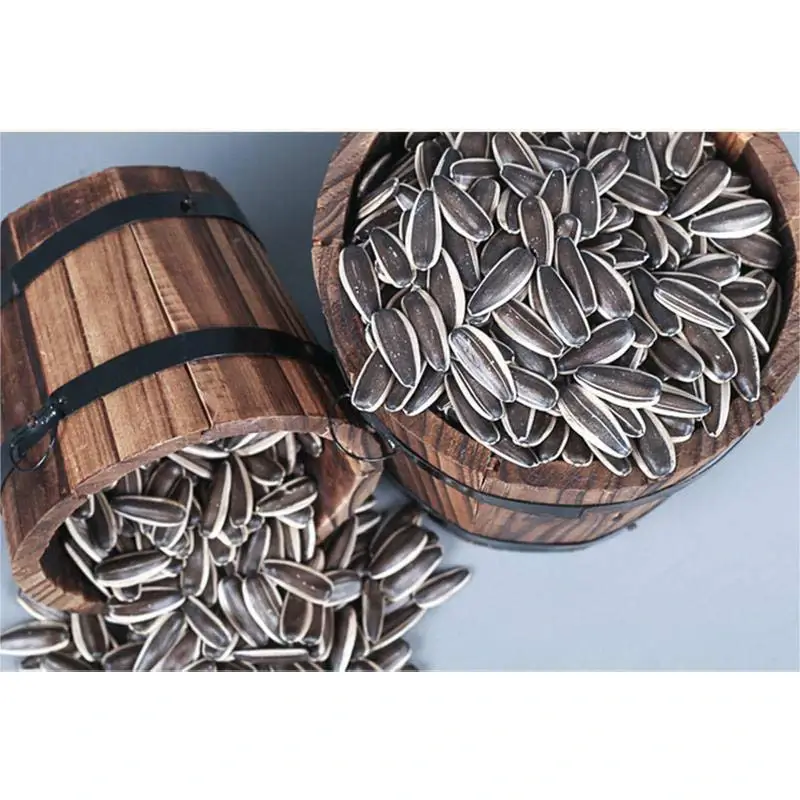-
 Afrikaans
Afrikaans -
 Albanian
Albanian -
 Amharic
Amharic -
 Arabic
Arabic -
 Armenian
Armenian -
 Azerbaijani
Azerbaijani -
 Basque
Basque -
 Belarusian
Belarusian -
 Bengali
Bengali -
 Bosnian
Bosnian -
 Bulgarian
Bulgarian -
 Catalan
Catalan -
 Cebuano
Cebuano -
 Corsican
Corsican -
 Croatian
Croatian -
 Czech
Czech -
 Danish
Danish -
 Dutch
Dutch -
 English
English -
 Esperanto
Esperanto -
 Estonian
Estonian -
 Finnish
Finnish -
 French
French -
 Frisian
Frisian -
 Galician
Galician -
 Georgian
Georgian -
 German
German -
 Greek
Greek -
 Gujarati
Gujarati -
 Haitian Creole
Haitian Creole -
 hausa
hausa -
 hawaiian
hawaiian -
 Hebrew
Hebrew -
 Hindi
Hindi -
 Miao
Miao -
 Hungarian
Hungarian -
 Icelandic
Icelandic -
 igbo
igbo -
 Indonesian
Indonesian -
 irish
irish -
 Italian
Italian -
 Japanese
Japanese -
 Javanese
Javanese -
 Kannada
Kannada -
 kazakh
kazakh -
 Khmer
Khmer -
 Rwandese
Rwandese -
 Korean
Korean -
 Kurdish
Kurdish -
 Kyrgyz
Kyrgyz -
 Lao
Lao -
 Latin
Latin -
 Latvian
Latvian -
 Lithuanian
Lithuanian -
 Luxembourgish
Luxembourgish -
 Macedonian
Macedonian -
 Malgashi
Malgashi -
 Malay
Malay -
 Malayalam
Malayalam -
 Maltese
Maltese -
 Maori
Maori -
 Marathi
Marathi -
 Mongolian
Mongolian -
 Myanmar
Myanmar -
 Nepali
Nepali -
 Norwegian
Norwegian -
 Norwegian
Norwegian -
 Occitan
Occitan -
 Pashto
Pashto -
 Persian
Persian -
 Polish
Polish -
 Portuguese
Portuguese -
 Punjabi
Punjabi -
 Romanian
Romanian -
 Russian
Russian -
 Samoan
Samoan -
 Scottish Gaelic
Scottish Gaelic -
 Serbian
Serbian -
 Sesotho
Sesotho -
 Shona
Shona -
 Sindhi
Sindhi -
 Sinhala
Sinhala -
 Slovak
Slovak -
 Slovenian
Slovenian -
 Somali
Somali -
 Spanish
Spanish -
 Sundanese
Sundanese -
 Swahili
Swahili -
 Swedish
Swedish -
 Tagalog
Tagalog -
 Tajik
Tajik -
 Tamil
Tamil -
 Tatar
Tatar -
 Telugu
Telugu -
 Thai
Thai -
 Turkish
Turkish -
 Turkmen
Turkmen -
 Ukrainian
Ukrainian -
 Urdu
Urdu -
 Uighur
Uighur -
 Uzbek
Uzbek -
 Vietnamese
Vietnamese -
 Welsh
Welsh -
 Bantu
Bantu -
 Yiddish
Yiddish -
 Yoruba
Yoruba -
 Zulu
Zulu
Jan . 09, 2025 11:47 Back to list
Red date flavored melon seeds 250g
Sunflower seeds are more than just a tasty snack; they are a powerhouse of nutrition and have myriad applications, ranging from culinary uses to health benefits. With a surge in interest surrounding natural and health-oriented food products, sunflower seeds have gained prominence for their versatility and nutritious profile. Here, we delve into what makes sunflower seeds a standout choice for consumers seeking both flavor and health benefits.
The health benefits of sunflower seeds extend beyond nutritional content. They have been associated with lowering inflammation, particularly due to the presence of flavonoids and phenolic acids. Regular consumption of sunflower seeds has been linked to improved cardiovascular health, thanks to their high magnesium content, which aids in regulating blood pressure, and selenium, which is known for its cancer-fighting properties. In terms of farming and sustainability, sunflower plants are remarkably resilient, making them a valuable crop across diverse climates. Their adaptability and low requirement for care enable sustainable farming practices, reducing the need for pesticides and excessive water usage. This characteristic makes sunflower seeds a sustainable choice for consumers concerned about environmental impact and ethical food production. It is crucial for consumers to opt for high-quality sunflower seeds, whether raw, roasted, or as part of another product, to ensure they receive the full suite of benefits these seeds offer. When purchasing, one should consider organic options that guarantee minimal pesticide use and higher nutritional value. Transparency in sourcing and clear labeling also contribute to the credibility and trustworthiness of the product. In summary, sunflower seeds stand out not only for their delightful taste but also for their significant health benefits and versatility in various applications. As consumers become increasingly informed and selective with their dietary choices, sunflower seeds emerge as a reliable and beneficial option. Their contribution to a healthy lifestyle, combined with sustainability in production, underpins their growing authority in both the health and culinary worlds, making them an ideal product for those who value quality and nutrition.


The health benefits of sunflower seeds extend beyond nutritional content. They have been associated with lowering inflammation, particularly due to the presence of flavonoids and phenolic acids. Regular consumption of sunflower seeds has been linked to improved cardiovascular health, thanks to their high magnesium content, which aids in regulating blood pressure, and selenium, which is known for its cancer-fighting properties. In terms of farming and sustainability, sunflower plants are remarkably resilient, making them a valuable crop across diverse climates. Their adaptability and low requirement for care enable sustainable farming practices, reducing the need for pesticides and excessive water usage. This characteristic makes sunflower seeds a sustainable choice for consumers concerned about environmental impact and ethical food production. It is crucial for consumers to opt for high-quality sunflower seeds, whether raw, roasted, or as part of another product, to ensure they receive the full suite of benefits these seeds offer. When purchasing, one should consider organic options that guarantee minimal pesticide use and higher nutritional value. Transparency in sourcing and clear labeling also contribute to the credibility and trustworthiness of the product. In summary, sunflower seeds stand out not only for their delightful taste but also for their significant health benefits and versatility in various applications. As consumers become increasingly informed and selective with their dietary choices, sunflower seeds emerge as a reliable and beneficial option. Their contribution to a healthy lifestyle, combined with sustainability in production, underpins their growing authority in both the health and culinary worlds, making them an ideal product for those who value quality and nutrition.
Latest news
-
Buy Bulk Sunflower Seeds: Top Exporter & Supplier
NewsAug.19,2025
-
Delicious Macadamia Nuts: Creamy, Crunchy & Nutrient-Rich
NewsAug.18,2025
-
Gourmet Premium Packaged Biscuits | Exquisite Selection
NewsAug.17,2025
-
Sweet & Healthy Raisins: Natural Energy for Snacking & Baking
NewsAug.16,2025
-
Premium Dried Fish: Protein-Rich & Flavorful Delights
NewsAug.15,2025
-
Buy Bulk Sunflower Seeds Exporter | Premium Quality Global Supply
NewsAug.14,2025
